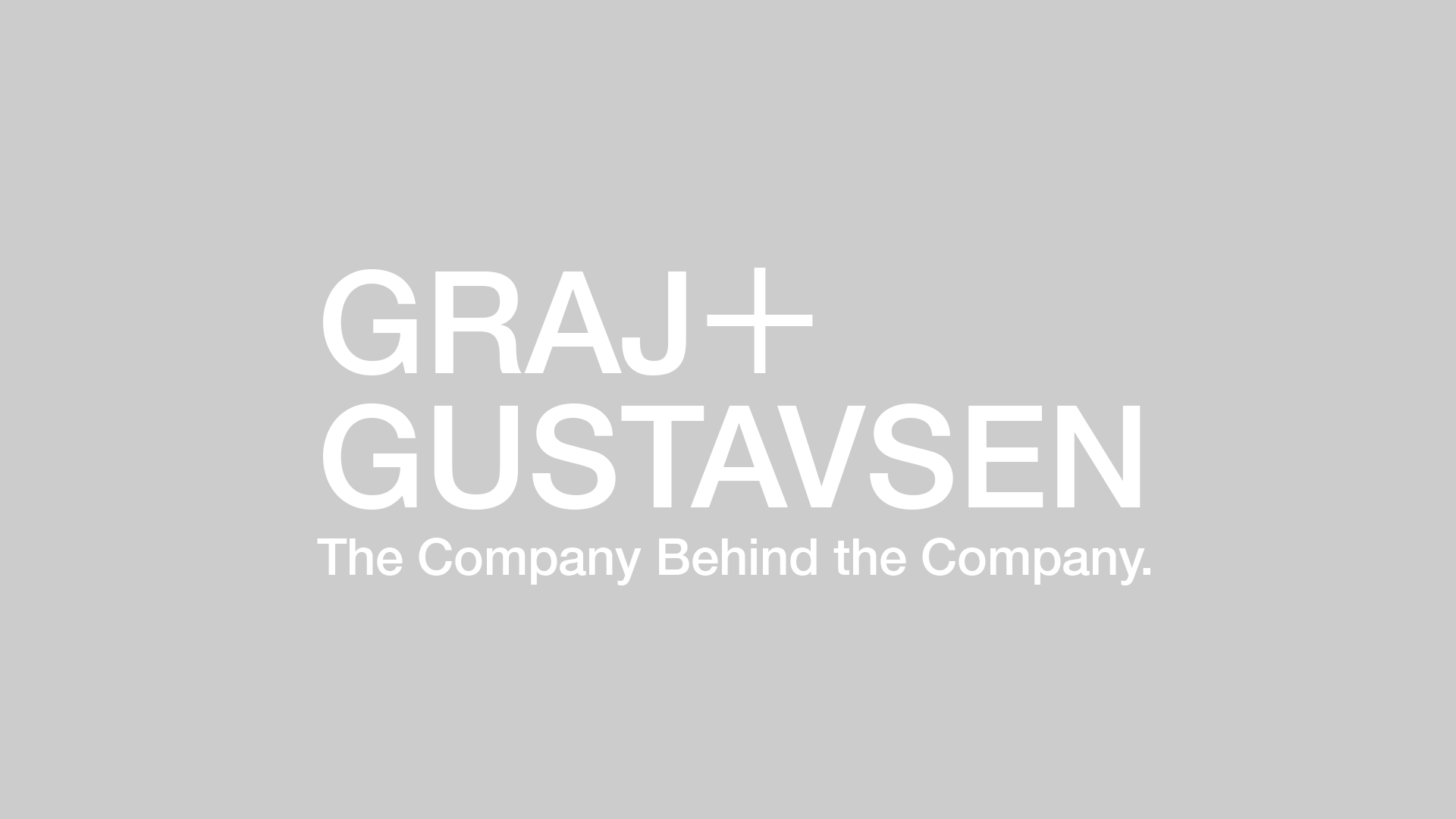Entrepreneurs are imaginative, expansive, and inspiring dynamos. But, in a drastically down economy, when payrolls must be met, credit has dried up, and suppliers retreat to tight-fisted terms, entrepreneurs are also something else . . . they’re afraid.
When bold, risk-oriented entrepreneurs suddenly become cautious, it’s human nature responding to grave threat. Entrepreneurs have more on the line than most. They feel a pressing responsibility to safeguard employee jobs and justify investor backing.
As to threats, it pays to look at the bigger picture. “Our Age of Anxiety is, in great measure, the result of trying to do today’s jobs with yesterday’s tools,” media expert Marshall McLuhan once observed. The entrepreneur would do well to take McLuhan’s advice to heart. When the squeeze is on, it’s tempting for an entrepreneurial business to retreat from authentic creativity into an enticing comfort zone. This route of no-return is well traveled: Back off from innovation, recede into the ranks of me-too businesses, and unwittingly guarantee one’s own extinction.
Insecurity can easily turn an entrepreneur from an inspirational force into an interloper. Some advice to entrepreneurs on managing innovation and development resources during a downturn:
• The temptation is great to get aggressively involved in product development. More is riding on the outcome, so it’s easy for insecurity to translate to more interaction and more aggressive control. Through undermining a well-conceived development game plan, this stance can easily defeat your own best interest.
• The more you immerse yourself in the development process, the more staff time is redirected to being respectfully responsive to your guidance. Undercutting your own mission, you can make development both more expensive and less authentic.
• When development staffers try to please top managers, they are transformed into cautious babysitters. Don’t permit this to happen. Instead, do what you do best: Give your team an excellent sense for a shifting, complex marketplace. Equip them with top-level insights into the industry and competitors. Above all, point a directional finger and inspire!
Management in a downturn tests the temperament of many entrepreneurs, especially impatient ones. In a turbulent storm, it takes a confident leader to be nimbly responsive . . . not recklessly reactive.


